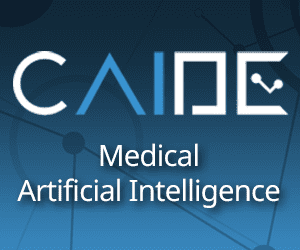Artificial Intelligence (AI) has become a crucial tool for businesses to gain competitive advantages and streamline their operations. However, many organizations still face resistance when it comes to implementing AI solutions. As a CIO, there are several strategies you can use to overcome this resistance and build AI-ready organizations. Here are some suggestions:
Educate your organization on AI: One of the main reasons for resistance to AI implementation is a lack of understanding about what AI is and how it can benefit the organization. As a CIO, it is your responsibility to educate your organization about the potential benefits of AI. This can be done through training sessions, workshops, or even informal discussions with your colleagues. By providing concrete examples of how AI has helped other businesses and the potential benefits for your organization, you can help build support for AI implementation.
Create a culture of innovation: Another reason for resistance to AI is a fear of change. To overcome this, you need to create a culture of innovation within your organization. This means encouraging experimentation and risk-taking, and rewarding those who are willing to try new things. By making innovation a part of your organization’s DNA, you can help overcome resistance to AI implementation.
Start small: AI implementation can be daunting, but it doesn’t have to be. Start by implementing small AI solutions that can provide immediate benefits to your organization. For example, you could implement a chatbot to handle customer service inquiries or an AI-powered scheduling system to streamline employee schedules. By starting small and building momentum, you can demonstrate the benefits of AI and build support for more significant AI initiatives.
Involve key stakeholders: When implementing AI solutions, it’s important to involve key stakeholders in the process. This includes business leaders, IT staff, and end-users. By involving these stakeholders from the beginning, you can ensure that the AI solutions you implement meet their needs and address their concerns. Additionally, involving stakeholders can help build support for AI implementation and reduce resistance.
Address ethical concerns: AI implementation raises ethical concerns about privacy, bias, and job displacement. As a CIO, it’s essential to address these concerns head-on. This includes implementing measures to ensure data privacy, addressing bias in AI algorithms, and providing training and reskilling opportunities for employees who may be displaced by AI solutions.
By using these strategies, you can help overcome resistance to AI implementation and build AI-ready organizations that can compete in today’s fast-paced business environment.








